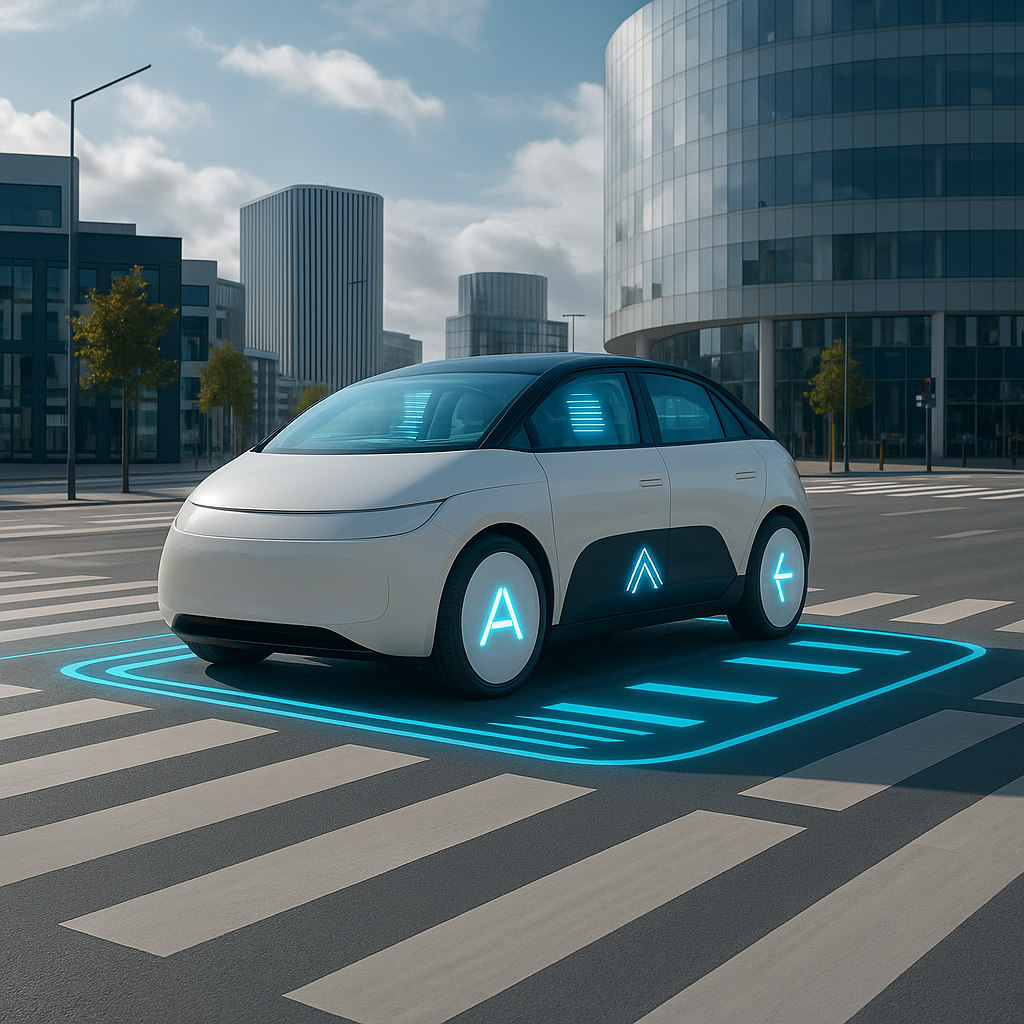Welcome to Our Research Archive
Search and filter by content type, issue area, author, and keyword
- ✕ Clear Filter
- Angela Rachidi (1)
- Brent Orrell (82)
- Daniel A. Cox (1)
- Edward L. Glaeser (1)
- Greg Wright (1)
- Joseph Fuller (3)
- Kevin Corinth (1)
- Mark Schneider (2)
- Mason M. Bishop (2)
- Michael Brickman (1)
- Michael R. Strain (4)
- Naomi Schaefer Riley (1)
- Nicholas Eberstadt (2)
- Paul Ryan (1)
- Preston Cooper (2)
- Raphael Colard (1)
- Richard V. Burkhauser (1)
- Robert Doar (1)
- Scott Winship (5)
- Stan Veuger (2)

May 2, 2025
Without Qualified Workers, Our CHIPS Investments Could Be Money Down the Drain
Three years ago, the Biden administration, backed by big bipartisan majorities in Congress, launched the CHIPS and Science Act to revitalize domestic semiconductor manufacturing. After decades of outsourcing that reduced the U.S. production share of advanced chips from 37 percent to 10 percent, this “industrial policy” investment was justified as necessary for national security and as a measure to reinvigorate…

May 1, 2025
Tariffs Plus AI Makes for a Rocky Job Market. How Should Workers Prepare?
In today’s labor market, few occupations are safe from AI disruption. It’s been a rough month for hiring plans. The market volatility ignited by President Donald Trump’s tariff policies has made business planning difficult, and that includes any intentions of hiring. Combined with the accelerating adoption of artificial intelligence, disruptions to the labor market don’t…

April 24, 2025
AI “Slop” Comes for Job Interviews
We have all gotten used to the idea that generative AI can help bad writers become better (or at least appear to be better) than they are when left to their own skills. This has resulted in some challenges for hiring managers struggling to cope with the tsunami of applications and cover letters that make…

April 21, 2025
The City That’s Always Working
Among the sectors of the US economy most exposed to AI-driven automation is finance. This is unsurprising given that banking and financial advising are massive knowledge management operations, constantly scanning the globe—like the Eye of Sauron—for opportunities and risks. One of the main applications of AI in the finance sector is helping firms understand themselves,…

April 9, 2025
Measuring and Building Human Leadership in an AI World
A new working paper from the National Bureau of Economic Research, Measuring Human Leadership Skills With AI Agents, presents evidence that artificial intelligence may soon play a central role in evaluating human soft skills—long considered too complex and subjective to measure objectively. Conducted by Ben Weidmann and David Deming et al. at the Harvard Kennedy School,…

March 25, 2025
AI Talent: It’s Not Just for High Tech Anymore
We appear to be approaching the break-out phase of artificial intelligence’s diffusion across the American economy. As reported in the Wall Street Journal, recent data from the University of Maryland’s AI job tracker finds that nearly 25 percent of tech job postings earlier this year mentioned AI skills. And it isn’t just the tech sector that’s hiring—finance, professional…

March 19, 2025
AI and Jobs: Measuring Impact and Building New Assessment Tools
Event Summary On March 19, AEI’s Brent Orrell and Shane Tews hosted a panel discussion featuring Alex Tamkin, an AI researcher at Anthropic, and Jason Owen-Smith, a sociologist at the University of Michigan, on how AI is shaping the labor market and workforce development policy. The conversation was moderated by Axios reporter Ashley Gold. The…

March 12, 2025
Stop and Go
Automated driving is picking up speed. Several years ago there was a bit of a moral panic about the prospect of automated freight transportation replacing human truck drivers. These concerns were, in part, about the prospect of automating yet another large and important industry that was dominated by noncollege, male workers. The issue faded from…

March 6, 2025
America’s New Frontier of Opportunity and Inclusion
It would be a king-sized understatement to say that diversity, equity, and inclusion (DEI) initiatives have had better weeks, months, years, and decades than they are currently experiencing. From the Supreme Court’s ruling that banned affirmative action in admissions, to the Trump administration’s full-scale bureaucratic offensive to expunge DEI from federal policy and programs, to corporate America’s widespread retreat from years…

March 3, 2025
Up in the Air
For whom is the bell tolling? When it comes to the leading-edge impacts of artificial intelligence (AI) on the workforce the answer appears to be well-paid, middle managers at some of the nation’s leading high-tech firms. As the Financial Times reported late last week, Amazon has announced the elimination of nearly 14,000 jobs concentrated in the ranks…